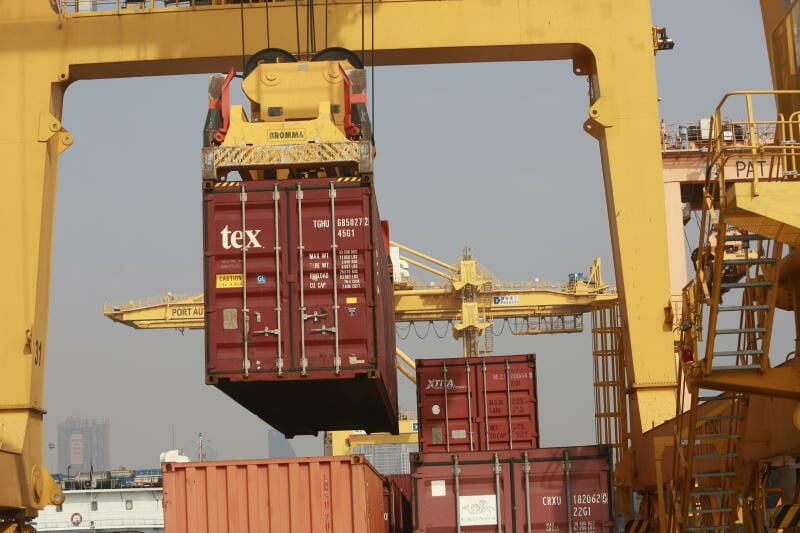Thai shippers predict less than 1.5% contraction in 2023 exports

The Thai National Shippers’ Council (TNSC) expressed confidence in a less than 1.5% contraction in the country’s export performance for 2023. This optimistic outlook comes on the heels of export growth recorded in both August and September and an expectation for continued orders in the year’s final quarter.
TNSC Chairman Chaichan Chareonsuk cited the Commerce Ministry’s latest data, which showed a 2.1% year-on-year increase in exports for September, amounting to US$25.5 billion. Meanwhile, imports saw an 8.3% drop to US$23.4 billion, leaving a trade surplus of US$2.09 billion.
However, the year-to-date figures tell a different story, with a 3.8% drop in exports to US$213 billion and a 6.0% decrease in imports to US$219 billion, resulting in a trade deficit of US$5.83 billion.
Chaichan noted that the ongoing Middle Eastern conflict has not significantly impacted exports as it remains geographically confined and involves only two parties. Additionally, the favourable exchange rate of 35.50 to 36.50 baht per dollar, despite its high volatility, has remained advantageous for exports.
Predicting the year-end figures, Chaichan stated that if exports average US$23.8 billion per month for the final quarter, the yearly contraction would be around 1%. However, should the monthly average decrease to US$23.3 billion, the full-year contraction could total 1.5%.
He dismissed the possibility of the monthly average falling to US$22.8 billion, which would mean a 2% yearly contraction, citing the steady performance of certain goods such as automobiles, auto components, and agricultural products, reported Bangkok Post.
Export targets
Chaichan provided an estimate of up to a 7% year-on-year increase in exports for the final quarter.
“The TNSC is maintaining the export target for this year at -1.5%, as of November.”
He also highlighted risk factors including high global interest rates, slow recovery in the purchasing managers’ index (PMI) affecting industrial output, increasing raw material costs due to rising oil prices, and potential war scenarios impacting transport costs.
For the upcoming year, Chaichan anticipated a modest growth in exports of around 0 to 2%. He expressed optimism that figures could exceed these predictions.
“I think the figures may be higher than that, as great opportunities emerge during the crisis.”
Chaichan also noted that businesses have shown resilience amidst the challenges, adapting and surviving, with the PMI trend remaining stable for the past six months and global oil prices relatively steady.
Chaichan stated that there are no indications of an export slowdown or issues with container shortages. He expressed confidence in businesses’ ability to adapt and swiftly find new markets if negative factors such as geopolitical conflicts, delayed economic recovery among key trading partners, increases in raw material costs, energy prices, and interest rates, and the El Niño weather phenomenon persist.
Follow more of The Thaiger’s latest stories on our new Facebook page HERE.








